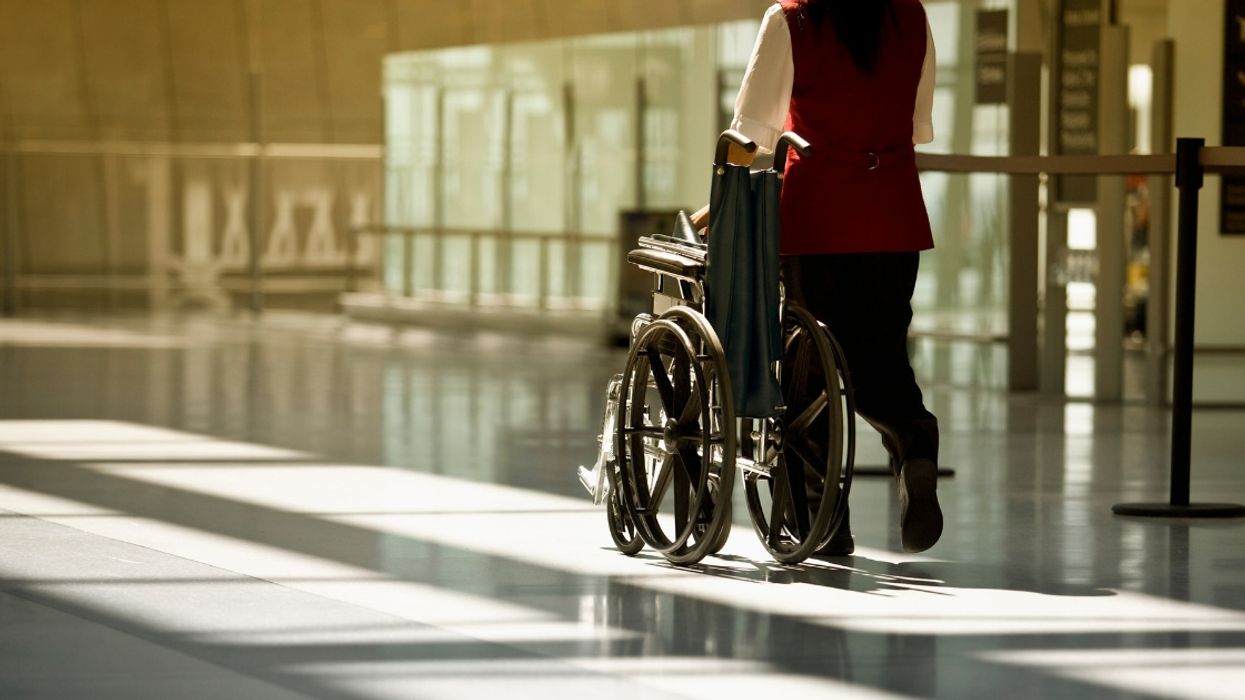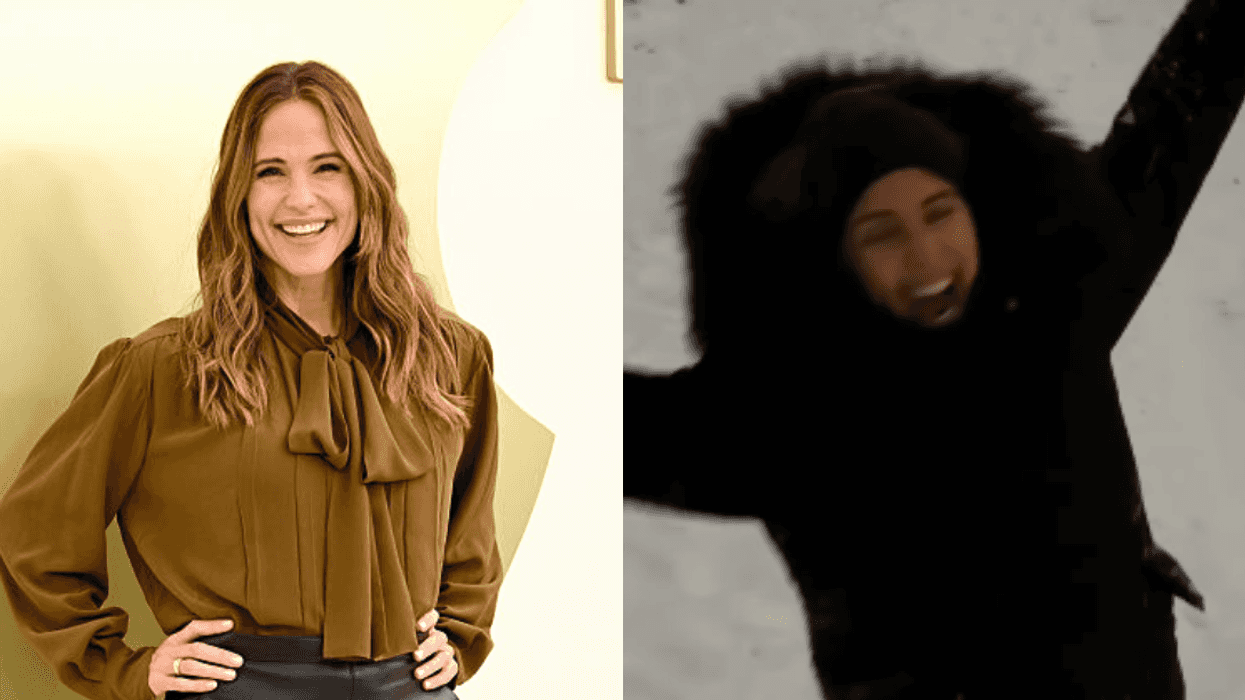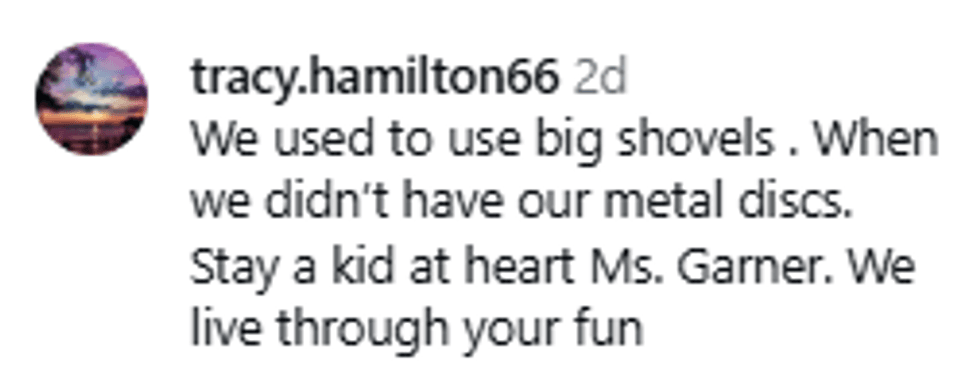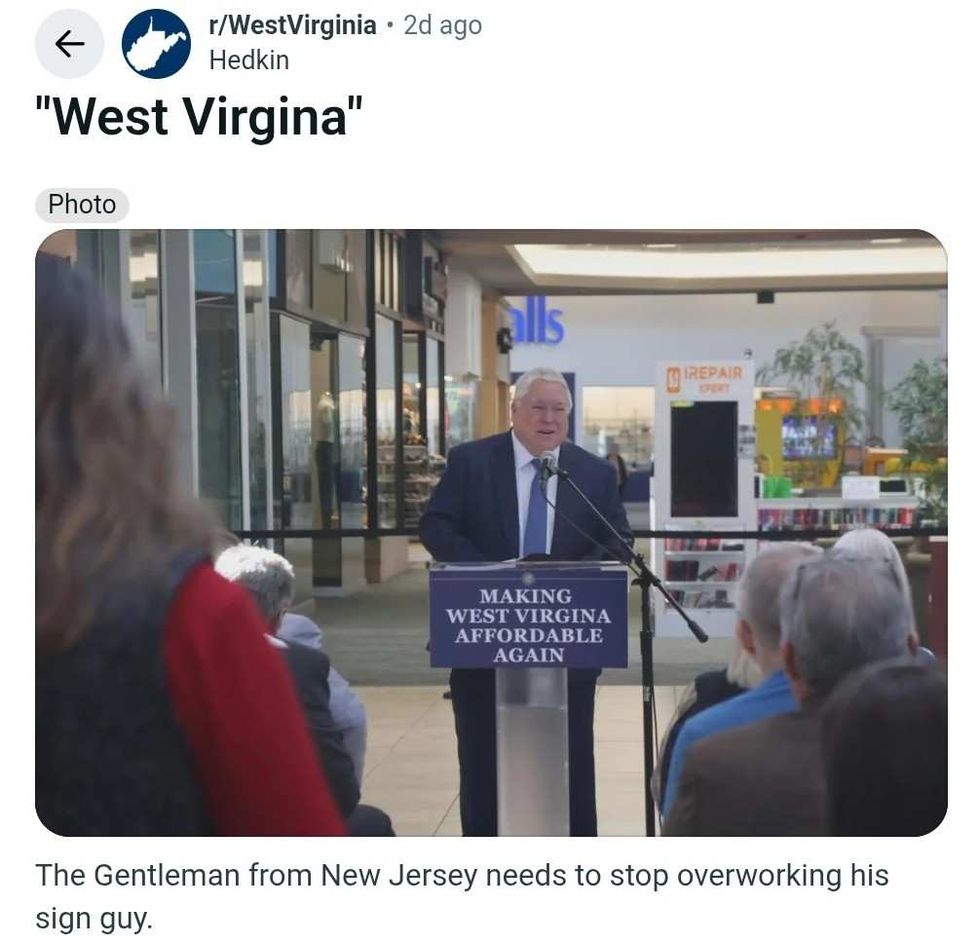You've likely heard the term "ableist language," but what exactly is it?
Ableist language is language that is offensive to people living with disabilities. Ableist language includes language that looks at disabilities in a derogatory, abusive, or negative light. Ableist language is just one part of ableism, which is the systemic exclusion and oppression of individuals with disabilities.
For what to say––and what not to say––it's crucial that we hear from the source, as we did once Redditor sparklesparkley asked the online community, "People with disabilities: what's one thing you wish everyone knew not to say?"
"Um, okay, thanks."
"You're too young for that!" Um, okay, thanks. But I've still got it and it still sucks.
"...and then they go on..."
"I know someone with that" and then they go on to invalidate my disability because I'm not an identical copy of that one person they "know."
"It's best to just not offer advice..."
I have narcolepsy. It is thought to be an autoimmune disease. I do not make the brain cells which would allow me to experience deep sleep, and I go into REM sleep almost immediately. So I'm not only tired all the time, but I uncontrollably fall asleep with a few minutes' warning. It's not sleepiness that leads to it, it's the knowledge that I am going to pass out and i have to be sitting down right now. It is so weird and abrupt that I though it was epilepsy until I was diagnosed in my mid 30s. Because everyone gets sleepy they think that what helps them will help me. Advice for melatonin or essential oils makes me want to scream. If it were that easy, I wouldn't be on a drug that costs 10,000 per month (obviously I'm in the US). My mother's reaction to my diagnosis was, "I like to nap in the afternoons. I must have narcolepsy, too!" No. liking naps in the afternoon is not narcolepsy. It's best to just not offer advice unless you are a doctor or you also have the disease. Just keep it to yourself.
"When I can't do something..."
Guess I've got an "invisible disability" so I'll pitch in. When I can't do something or if I'm having a day where something's just not possible I wish people wouldn't say "well you don't look sick" or"I've seen you do it before." Some days I can do things and some days I can't. Such is the nature of an inflammatory disease.
"I had a lot of people tell me..."
have Crohn's disease which, for me, isn't a disability but it can easily become one if treatment loses effectiveness. It's also an invisible disease so nobody really sees the bad parts.
I'd appreciate it if people didn't "wish they have what I have". See, when I get sick I lose a lot of weight. During my second flare I was losing 5 lbs per week and I was only a bit overweight to begin with (150 lbs at 5'7" and I'm a woman).
I had a lot of people tell me they wished they had a "good" disease that "helped them lose weight."
The worst part is that once I went back on prednisone I packed the pounds back on. I didn't even get the one "benefit" of my disease and now, in remission, I have to work to diet and most of the "healthy diet food" (any raw veggies and anything with high fiber) triggers my symptoms.
"It's not flattering."
"You're so inspiring" for just existing. It's not flattering. It's patronizing and I'd rather be complimented on my actual accomplishments as opposed to being complimented for... If you haven't already, please watch Stella Young's Ted Talk on inspiration porn.
"Stop giving your home remedies..."
Stop giving your home remedies to chronic conditions. You're not a doctor, and even if you are, you aren't my doctor.I have AS which basically gives you arthritis in your hips/spine, in my case in my 20's. Everyone tells me I should just eat turmeric, go vegan, or drink fish oil. Trust me if there was any scientific backing I'd have done those before the bloodwork, pills, and self injections.
"That statement is literally worthless."
"It's all in your head." For various mental illnesses. Yes. You're right. It literally is. Doesn't make it better or worse. That statement is literally worthless.
"I have a ton."
I have a ton. Here we go:
I'm in a wheelchair. Throughout my 20s and 30s, I've had people tell me that I look too young to need a wheelchair.
"You're so inspiring" is another pet peeve, for reasons others have already said.
"I don't think of you as disabled" is also an annoying backhanded compliment. It's basically saying that "disabled" is a bad thing to be, and also discounts my experience as a person with a disability. You can't simply remove that attribute of mine, because it affects what I can do and how I do them. It's like saying "I don't think of you as a woman" and meaning it as a compliment. It doesn't work.
Next on the list: someone thinking that they know what it's like to be in a wheelchair because they hurt their ankle before and needed crutches for a few weeks. (While they may get a sense of the accessibility issues, they do not experience the full systemic discrimination, eg. finding work, getting resources, peer support issues, etc.)
And lastly, employers who don't want to hire someone in a wheelchair because they don't want to improve their accessibility. I've had multinational corporations claim that they can't afford to do so, even though they might spend literally millions on other things like advertising.
"But even though..."
ANY sentence that starts with "but why don't you just..." I can't JUST do things normally. I can't JUST try this one new health fad you're trying to push on me. Most likely I'm incapable of doing it, I've already tried it, or the advice is BS. I'm assuming this is about physical disabilities and mine are only minor. I have mental disabilities too if that counts. But even though the physical stuff is relatively small, I still get a ton of unwanted advice and "why don't you just try yoga/meditation/changing your whole diet/jogging every day/weed/sucking it up" etc.
Oh! Also: People who assume you're refusing any help whatsoever and "playing the victim" when rejecting unwanted and unhelpful advice.
Want to "know" more? Never miss another big, odd, funny, or heartbreaking moment again. Sign up for the Knowable newsletter here.








 @jennifer.garner/Instagram
@jennifer.garner/Instagram @jennifer.garner/Instagram
@jennifer.garner/Instagram @jennifer.garner/Instagram
@jennifer.garner/Instagram @jennifer.garner/Instagram
@jennifer.garner/Instagram @jennifer.garner/Instagram
@jennifer.garner/Instagram @jennifer.garner/Instagram
@jennifer.garner/Instagram @jennifer.garner/Instagram
@jennifer.garner/Instagram @jennifer.garner/Instagram
@jennifer.garner/Instagram @jennifer.garner/Instagram
@jennifer.garner/Instagram @jennifer.garner/Instagram
@jennifer.garner/Instagram @jennifer.garner/Instagram
@jennifer.garner/Instagram @jennifer.garner/Instagram
@jennifer.garner/Instagram @jennifer.garner/Instagram
@jennifer.garner/Instagram @jennifer.garner/Instagram
@jennifer.garner/Instagram @jennifer.garner/Instagram
@jennifer.garner/Instagram @jennifer.garner/Instagram
@jennifer.garner/Instagram @jennifer.garner/Instagram
@jennifer.garner/Instagram @jennifer.garner/Instagram
@jennifer.garner/Instagram @jennifer.garner/Instagram
@jennifer.garner/Instagram @jennifer.garner/Instagram
@jennifer.garner/Instagram







 @ameliaknisely/X
@ameliaknisely/X WDTV 5 News/Facebook
WDTV 5 News/Facebook r/WestVirginia/Reddit
r/WestVirginia/Reddit WDTV 5 News/Facebook
WDTV 5 News/Facebook r/WestVirginia/Reddit
r/WestVirginia/Reddit r/WestVirginia/Reddit
r/WestVirginia/Reddit WDTV 5 News/Facebook
WDTV 5 News/Facebook r/WestVirginia/Reddit
r/WestVirginia/Reddit r/WestVirginia/Reddit
r/WestVirginia/Reddit WDTV 5 News/Facebook
WDTV 5 News/Facebook WDTV 5 News/Facebook
WDTV 5 News/Facebook